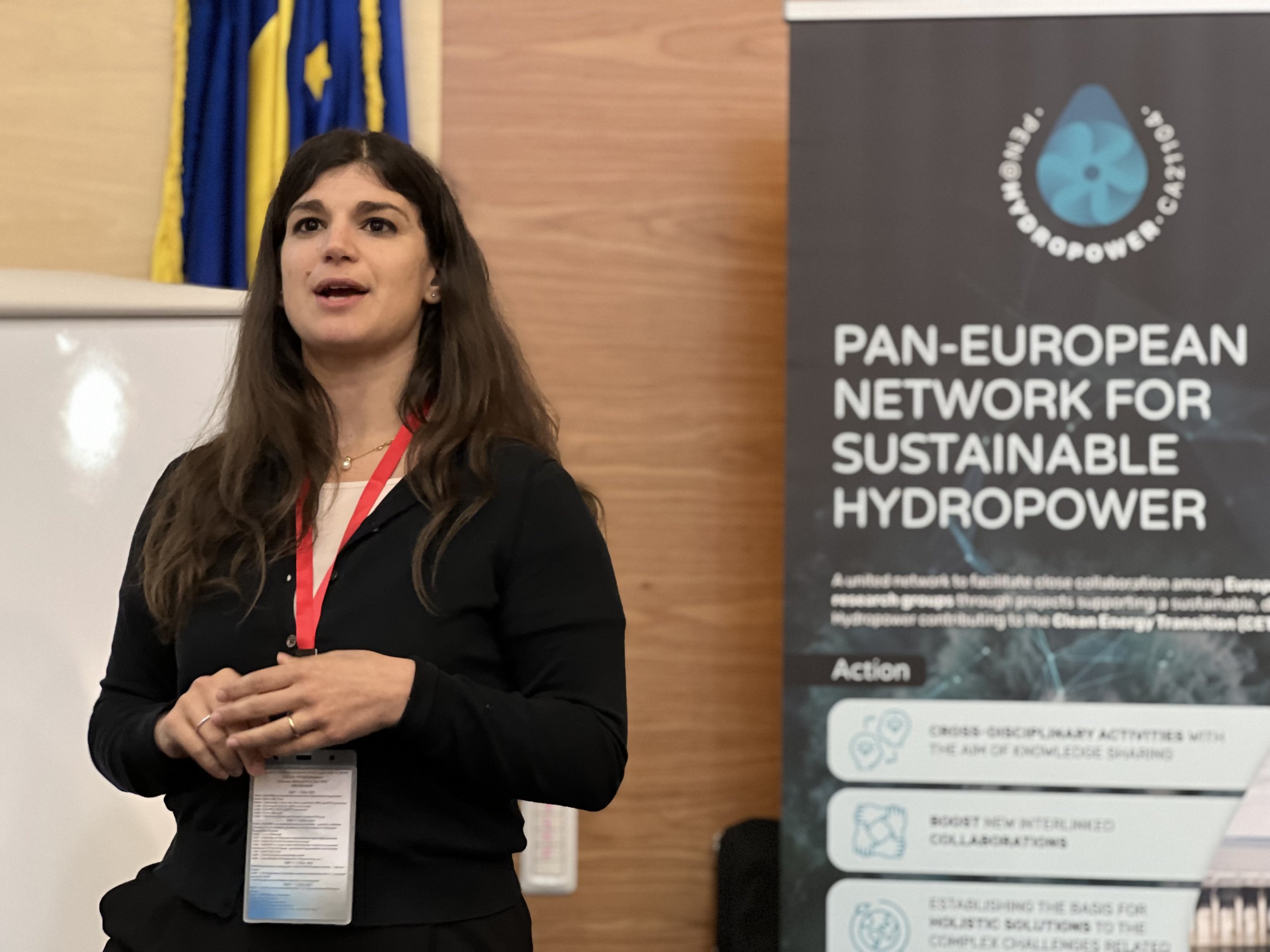
Objectives
About the Action
Hydropower is a key player in Europe's energy scene, providing reliable and eco-friendly electricity for decades. As a leading renewable source, it currently contributes about 35% to the region's renewable energy source electricity.

Challenges in hydropower operation, maintenance, and collaboration with other renewable energy sources demand more research. Past funding gaps call for collaborative initiatives to empower young researchers for the evolving energy landscape.
The main objective of this Action is to establish a Pan-European network for a sustainable, digitalised Hydropower contributing to the Clean Energy Transition (CET), a united network of researchers, engineers, scholars, and other stakeholders to facilitate close collaboration among European research groups through projects supporting sustainable Hydropower.
MoU Objectives
-
Establish and implement an effective and collaborative network in the field of sustainable hydropower sector for reaching the goal of Clean Energy Transition (CET) till 2050
-
Evaluation and highlighting of the new role for Hydropower (HP) and Pumped Hydro Storage (PHS) within power sector in the coming decades 2030-2050 and beyond, considering the flexibility and energy storage needs of the future renewable energy sources dominated electricity systems, along with water hydraulics and ecology issues.
-
Establish a scientific framework for HP producers/investors to improve the performance and competitiveness of existing and new HP and PHS plants within the European electricity system. It will include technological innovations in each plant's phase to enhance flexibility and efficiency within the environmental constraints and promote digitalization and predictive monitoring.
-
Build a collaboration platform of scientists and stakeholders from various disciplines to develop a holistic assessment and new approaches to support sustainable development and adaptation of the EU hydropower potential, considering the resilient infrastructure needs, the environmental and societal conditions, and the climate change forecasts for the coming decades.
-
Mapping the current EU legislative and market framework, the CET scenarios, and identification of policy gaps and barriers to achieving the optimum balance between hydropower production and the environmental impacts to evaluate and promote the new role of hydropower in the changing energy and market needs.
-
Development of a holistic scientific strategy based on consideration of digitalisation, climate change adaptation, a balance between production, industrial demands (WEF nexus), and environmental impacts of increased flexibility. Understanding of social acceptance, controversies, and policy improvement needs. Resulting in establishing a unique knowledge base currently missing in the scientific community.
-
Increasing the existing technical network by including additional disciplines, such as social, environmental and computer sciences through stakeholder outreach activities.
-
Bringing Early Career Investigators into leadership positions while aiming for gender balance via a mentoring programme.
-
Fostering career development of Early Career Investigators through joint PhD programs, knowledge transfer and Training Schools, with different disciplinary perspectives on sustainable HP and cross-disciplinary collaboration.
-
Awareness creation for the importance of HP in the energy mix with focus on policymakers (in particular Europe) and industry via targeted dissemination activities.



